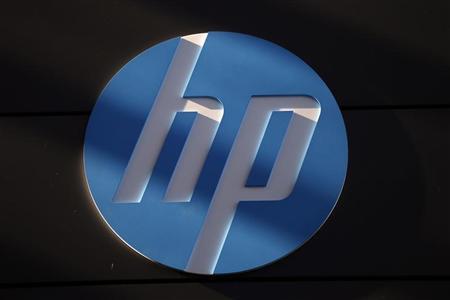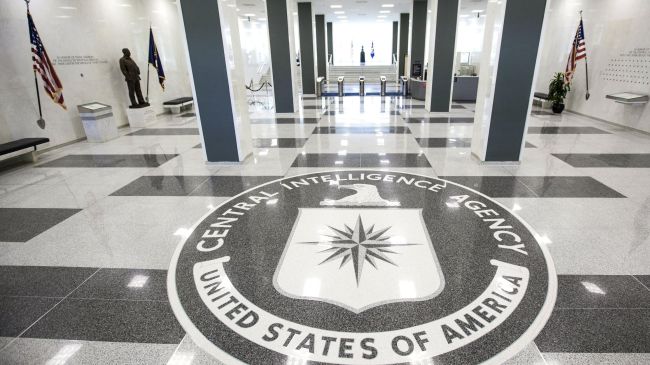 A U.S. investor activist group affiliated with large labor unions is asking Hewlett-Packard Co to replace its auditor, Ernst & Young, over the technology giant’s troubled acquisition of UK software company Autonomy.
A U.S. investor activist group affiliated with large labor unions is asking Hewlett-Packard Co to replace its auditor, Ernst & Young, over the technology giant’s troubled acquisition of UK software company Autonomy.
Change to Win Investment Group (CtW), based in Washington, D.C., also is seeking a revamp of HP’s audit committee, which is responsible for overseeing Ernst & Young’s long-standing relationship as the auditor that reviews HP’s books.
Spokesmen for HP and Ernst & Young declined to comment.
Labor union pension funds own large stakes in many U.S. companies and often use them as platforms to push for changes in how those corporations are managed. Union pension funds tied to CtW invest more than $200 billion in stocks, including shares in HP, said CtW in a letter to an HP board member on Thursday.
CtW questioned why Ernst & Young did not spot problems at Autonomy. “HP is clearly a company facing serious challenges,” CtW said in its letter. “Unfortunately, the highly conflicted, decade-long relationship between Ernst & Young and HP cannot provide shareholders with the reassurance they need.”
Auditors are outside accounting firms retained by corporations to vet their books regularly and offer an opinion on the validity of financial results. The four firms that dominate auditing worldwide – Ernst & Young, KPMG, Deloitte and PricewaterhouseCoopers – are faced with ever-rising scrutiny of their role in investor losses and accounting lapses.
The CtW letter was addressed to Rajiv Gupta, chairman of the corporate governance committee of HP’s board. It was signed by William Patterson, executive director of CtW Investment Group.
Gupta could not be reached for comment.
HP, AUTONOMY CLASH
HP said in November that it overpaid for Autonomy in 2011. HP accused Autonomy of serious accounting improprieties. Autonomy has rejected the allegations and said HP was looking for “scapegoats.”
CtW urged HP to name an independent special master to investigate and report to shareholders on the Autonomy deal, as well as on an earlier acquisition of Electronic Data Systems Corp (EDS), which CtW said was “equally disastrous.”
HP has said it is deferring to U.S. and UK regulators to investigate the allegations it has made against Autonomy.
HP in August swung to an $8.9 billion quarterly loss as it swallowed a write-down linked to its $13.9 billion purchase of EDS. That was followed in November by an $8.8 billion writedown on Autonomy’s value, which HP blamed largely on improper accounting at the software company.
Ernst & Young was not Autonomy’s auditor. But according to CtW, the accounting firm had an opportunity to spot Autonomy’s problems when it reviewed the goodwill, or intangible value, that HP recorded for its acquisition of Autonomy.
However, one risk expert said CtW was putting the blame in the wrong place. A separate due diligence team, not the auditor, was responsible for determining the value of Autonomy, said Peter Bible, chief risk officer at EisnerAmper, an accounting and consulting firm.
“The auditors didn’t buy the company, HP did. And the people inside HP ought to be the ones held accountable for the purchase price that was paid,” Bible said.
CtW questioned whether Ernst & Young was independent enough to audit HP because of the large amount of non-audit services Ernst provided to HP, including tax consulting and lobbying.
Washington Council, a tax lobbying firm acquired by Ernst in 2000, lobbied for HP from 2000 to 2004, CtW said.
AUDITING, LOBBYING EYED
Government lobbying records and U.S. Securities and Exchange Commission filings show that Ernst & Young was HP’s auditor while Washington Council was registered as a lobbyist for HP.
Reuters reported last week that the SEC was investigating whether Ernst violated auditor rules by letting its lobbying unit perform work for some major audit clients.
Ernst has said all of its services for audit clients undergo considerable scrutiny to be sure they are within the rules.
U.S. independence rules bar auditors from serving in an “advocacy role” for audit clients. The goal of this rule is to ensure that auditors are objective regarding companies they audit so that they can serve as watchdogs for investors.
It is not clear what type of lobbying activities would be barred under the prohibition against advocacy.
The 2002 Sarbanes-Oxley Act restricted the type of non-audit services that audit firms can provide, but broad exceptions were granted for tax consulting services.
CtW said that HP was out of step with its peers in using Ernst for significant services other than audit work. The other fees paid to Ernst are much higher than those paid by Dell Inc and Apple Inc to their audit firms, CtW said.
CtW also questioned the HP audit committee’s willingness to allow Ernst to perform “multiple and conflicting roles” for HP.
Board audit committees hire and oversee outside auditors, while also governing non-audit services.
Source : Reuters





































